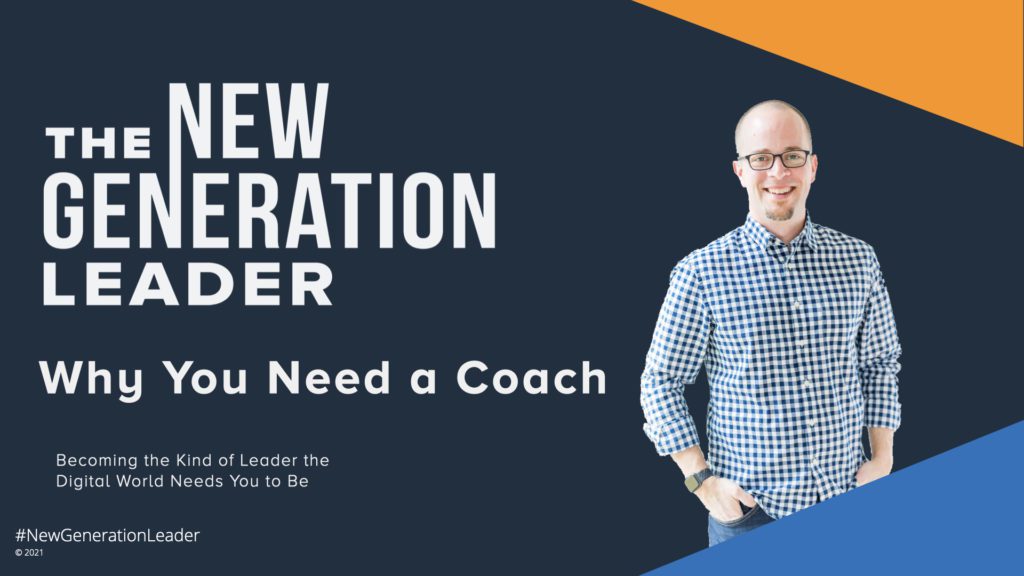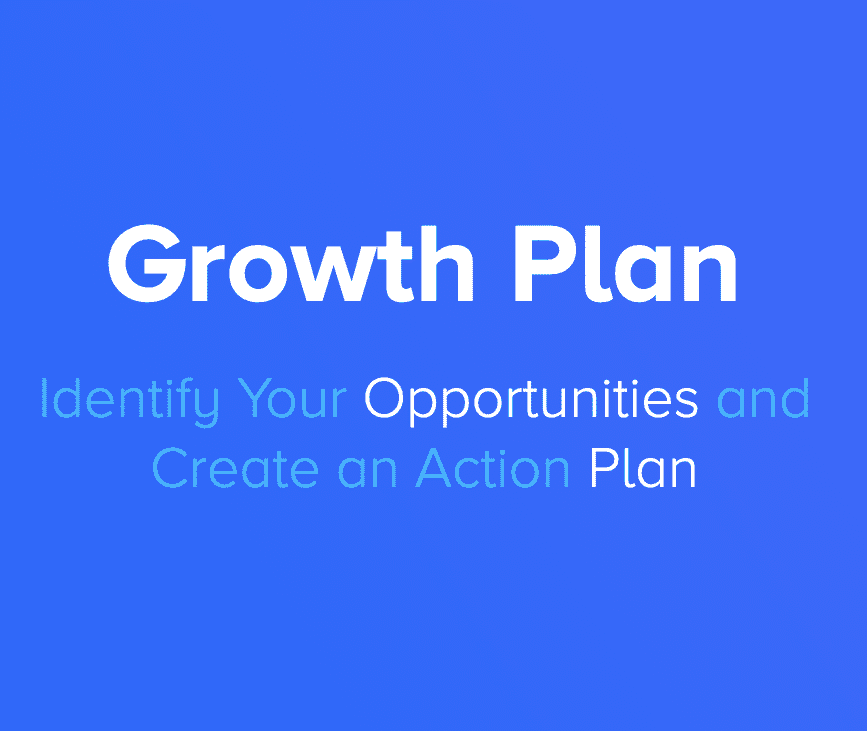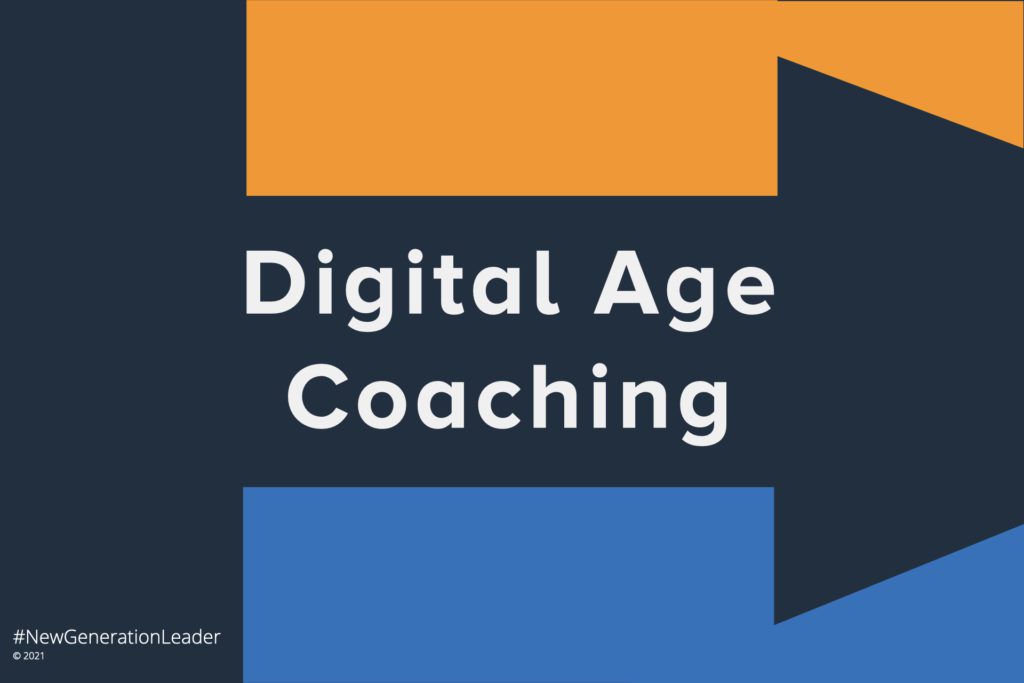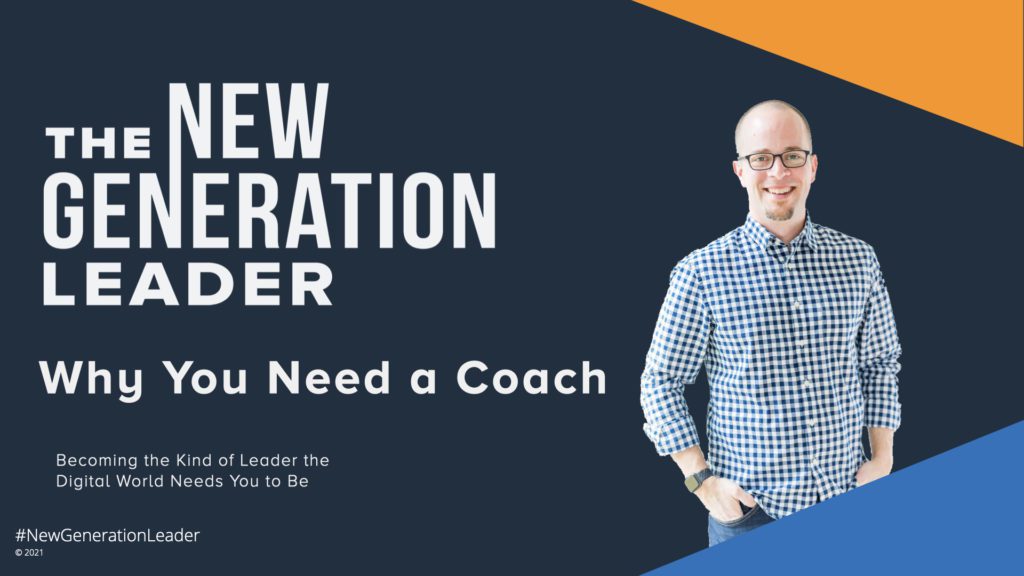
Why You Need a Coach
What makes a good leader?
If it is a person or a goal we are trying to mimic or impersonate, we are not reaching our true potential.
21st century leadership is influence, which is how we coach our people up to unlock their true potential.
Consider what it means to have that voice in your life, helping you process how to unlock your own true potential. Because you need your own custom leadership growth journey.
Your Custom Growth Plan

We start unlocking your potential with a free, custom growth plan. In 30 minutes, we identify your growth potential:
- what challenges are you facing right now?
- what is your potential?
- why haven’t you unlocked that potential yet?
When we’re finished, we know exactly where to go next.
From the Blog
Check out these two articles from Aaron’s blog:
- What Good is a Coach? An effective coach can help you level up as a leader and respond to challenges you face every day. The coach won’t give you the answers but will guide you to strengthen your leadership foundation.
- How My Coach Saved Me. Turning a hard conversation into a redemptive experience, and it all started with an impromptu call to my coach.
The Motive
As Aaron mentions in this episode, Patrick Lencioni discusses the role most leaders abdicate in The Motive:
Shay was still angry but shrugged nonchalantly as if to say, it’s not that big of a deal. “So, what am I wrong about?”
“You’re not going to want to hear this, but I have to tell you anyway.” Liam paused before finishing. “You might be working hard, but you’re not doing it for the company.”
“What the hell does that mean?” Shay wanted to know.
Knowing that his adversary might punch him for what he was about to say, Liam responded. “You’re doing it for yourself.”
Digital Age Coaching Course

The best leaders are coaches for their team. This course gives you the tools you need to coach your team in the digital age.
Full Episode 8 Transcript
We are talking how to be a good leader today. What makes a good leader? There are so many ways that people talk about a level five leader. A powerful leader, a top leader. There are books and books and books on what it means to be the kind of leader that people want you to become to become a leader worth following. What are those metrics? How do we talk about that? Welcome to the New Generation Leader. We’re giving you the tools you need to lead in the digital world. Ready to reach your true potential? Let’s get started.
Welcome to the New Generation Leader podcast. If it’s a goal or a person who we are trying to mimic or impersonate, we’re not becoming our best version of a good leader. We are not reaching our true potential of good leadership. And so in this segment, I want us to take a look at the factors, the tricks the paths, the ways we can go about getting at you, reaching your true potential as a leader. How do you become a good leader? Because at the end of the day, there’s not a universal path to becoming a good leader. As we talked about in the first segment, there are dynamics to all of us, the ways we grew up, the ways we were educated, the ways we were raised, all of those tendencies wired within us, we have to translate those into our current reality, We have to translate those into how we become a good leader. If I try to become Steve Jobs, if I try to become Bob Iger, if I try to become Henry Ford, if I try to become Kat Cole, that is not going to work because I’m not wired the same way as each of them. I didn’t have the life experiences that each of them had, I didn’t have the mentor ship experiences that any of them had along the way to understand themselves, to guide themselves and to pursue that vision of their true potential.
So how do we do this? How do we translate this into our own reality? Well, it seems today like everyone has a coach, so why not me? Right. I have had a coach, I have coaches in my life who I consistently go back to and consult. And along the way I have had people come to me, I have heard stories. Maybe your partner recommended going to find a coach or your boss told you to find one. Or maybe even your boss told you when your first meeting was with uh your coach and informs you who your coach would be and you had no choice in that. But coaching doesn’t have to carry a negative connotation, but too often it’s used as a corrective measure. It’s used to fix a problem, it’s used to clean up something. But an effective coach can help you level up, just as we were describing, that your leadership journey is uniquely yours and a coach can help you respond to the very specific challenges you face every day, not to give you the answers, but to guide you, to strengthen your own leadership, foundation, your own leadership practice. How you become a good leader. And coaching is a style more than what a coach does at. Its core coaching is about building influence between the coach and the coachee and leveraging that trust and understanding to make changes, to work, personal life, family, some other element of your day to day living.
But before I dive into why you need a coach, why I think a coach can specifically help you in this journey. Let me lay out why I coach. I started coaching when I was 16, not in the business world, but in the sports world. and coaching 8 to 12 year olds over all these years has opened my eyes to what coaching could be that year. That first year I went from letter winning varsity athlete to coach as a coach. I couldn’t do anything. Once the game started anymore, I had to motivate through influence, encouragement. I had to lay a strong foundation during practice and timeouts and pregame huddles. But once the game started, I couldn’t step on the field.
I’ve coached more than 16 seasons, 16 teams of softball, basketball and baseball since that first season. And I love it just as much now as I ever did. And here are my three favorite parts of coaching sports: Number 3: motivating the team during a huddle reminded them of our key goals, giving simple, concise next steps. Number 2: celebrating incredible plays during the game. When something goes right, it all clicks and in one moment everything falls into place. There’s nothing like celebrating those moments And then last, Number 1: sprinting to center field or mid court for our postgame huddle to whether we win or loose celebrate what the team accomplished that day.
How I coach sports is is the same as how I coach leaders. I can’t do the work as much as I sometimes want to do the work for these leaders. I can’t do the work for them. I can only encourage and motivate in our conversations. Use the leaders, real life experiences to jump start our work together. Here’s the upside of coaching in the workplace. How do you identify your true potential? We’re all wired to communicate, respond, handle situations and conflict in unique ways, but our personal history, how we were educated, our family, our community. It all impacts how we approach every event in our day.
Coaching begins with understanding how you are wired. We need to hold up a mirror to understand ourselves before we try to model change in our key relationships, A good coach will hold up a mirror to help you translate your current reality into action and our tools fortify our coaching experience, providing the ultimate reflection experience. If we don’t fully know or understand how others experience our leadership, we can’t improve or capitalize on our influence. You understand your tendencies, you can better process your responses, develop new habits and rhythms and become a good leader.
So utilizing this coaching process, a continuous improvement journey. It allows us to build momentum in our coaching conversations. We walk through three steps, let’s look back, Where have we been? What is this current reality we see, look up. Where are we right now? What’s going on in front of us as we’ve talked about over the last few weeks and we’ll talk about more later today. What are our barriers, hurdles and gaps, what’s going on right around us and then look forward? Where do we want to go?
We want to invite accountability, we want to build momentum towards our growth and to do this, we must circle back. Remember our last conversation continue to move this process forward and understand what growth or momentum has occurred out of the goals you set and our previous conversations to grow. We have to do the hard work, we have to do this reflection. We’ve got to reflect on our current reality in order to shape future different outcomes. And when we look up we have to recognize what external and internal factors are influencing this reality, what what is going on that’s making today today?
This is why that infinity loop is so important. We are never done with this journey. We need to identify and overcome the barriers and hurdles before we can create a healthy future. So as we look forward, what current reality is most pressing? What’s the most important thing that we need to tackle? What barrier hurdler gap most needs to be moved out of the way? What do we need to help you overcome? What’s causing you heartburn? What goal needs your most urgent attention? Or is there a crisis that needs your attention?
Right now, there are a few times where I have had a specific crisis and the coach is the very person I needed to help me get out of my stuck-ness and be able to have a healthy, productive conversation in building towards the future. When we focus on tackling these issues, we’re focusing on your personal engagement, your needs, your coach isn’t bringing your path for growth, your coach isn’t identifying your issues, your coach isn’t bringing the agenda, you are, your challenge, is your needs, your growth opportunities, Your coach is holding up a mirror and serving as the trusted confidant to process with you a thinking partner, another perspective and a safe space, no judgment, just reflection.
And here’s the thing that’s most, most impactful, an effective coaching model that we experience helps us coach. Patrick Letzion says this is the most abdicated roll a leader can give up is not coaching their people. Leaders are not doers. 21st century leadership through influence is how we coach our people up to their true potential. And if you have an effective coach, you’ll be able to lead your people more effectively be a coach for them. Because you have learned from a great example of a coach.
I hope you will consider what it means for you to take that journey with a coach, to have that voice in your life, helping you process your journey toward unlocking your potential and becoming a leader worth following because you need your own custom leadership growth journey.
Download today’s show notes at newgenerationleader.com/8 and begin your own personal coaching journey. Okay. Thanks for listening to the New Generation Leader podcast. Subscribe today on your favorite podcasting platform.
Ready to reach your true potential? Join our network of like minded leaders in the New Generation Leader Mastermind Group, find all the tools you need. newgenerationleader.com. Thanks for listening today and we look forward to seeing you next time on the New Generation Leader Podcast.

